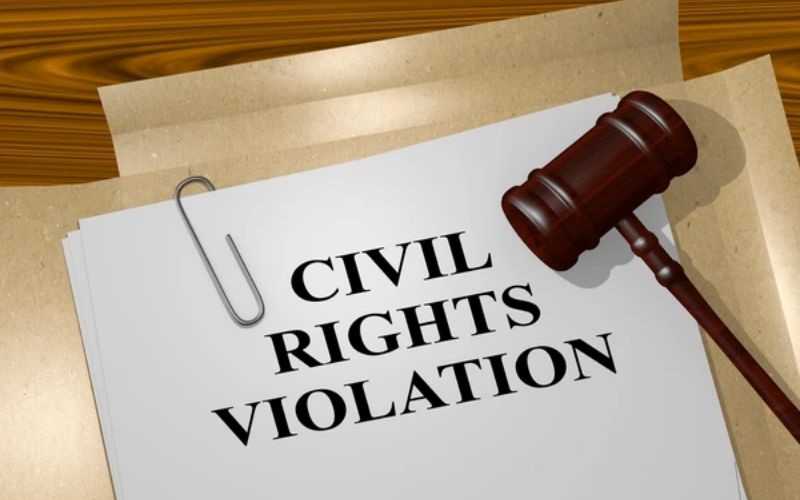Civil rights are an essential component of democracy. They guarantee equal opportunities and protections under the law, such as the right to vote, the right to education, and the right to public services.
It is the duty of the police to protect and uphold these rights. However, there have been incidents where the police were found to be violating the rights of the accused. In such instances, having the support of a seasoned criminal defense attorney will be beneficial.
Here are some common civil rights violations you should be aware of:
Illegal search and seizure
Under the Fourth and Fourteenth Amendments, citizens of the United States have a right against unlawful search and seizure of their person or property. In order to search your private property, the police or other officers of the law should obtain a warrant signed by a judge stating the reason for their search.
There are exceptions to these searches:
- Consent searches: If an officer asks for your permission to search your home or vehicle and you give them your consent, the search is valid, and no warrant is needed.
- In connection with an arrest: If a person is being arrested, the police can search them and their immediate surroundings for any weapons.
- Emergency exception: If the police believe that their own safety or that of the public has been compromised, they have the right to search without a warrant.
- In plain view: The police do not need a warrant to search or seize illegal goods that are in plain view.
Unlawful arrest
False arrest, wrongful arrest, or unlawful arrest occurs when an officer takes you into custody or imprisons you against your consent or without proper justification. The punishment for unlawful arrest varies by state law and can be classified as a misdemeanor or felony. It could lead to a year or more of imprisonment.
In some states, you have the right to resist unlawful arrest, provided there are sufficient grounds. A reasonable amount of force can also be used to resist arrest if required.
Targeting certain individuals
Racial profiling is when police officers target individuals of color for stops or searches due to their skin color rather than their behavior. There are federal laws to protect citizens against racial profiling, as the constitution guarantees equality under the law regardless of their skin color.
Only Oklahoma considers racial profiling a criminal offense and makes it a misdemeanor. In all other states, victims can sue the officer for damages.
Excessive use of force
Excessive use of force refers to the extreme actions taken by a police officer in the course of performing their duties, like an arrest, a routine stop, or a seizure, that result in the injury or death of a victim.
Police officers are protected under the concept of qualified immunity, which grants them protection against being sued, provided that they acted in a reasonable capacity to perform their duties. Of course, they do not have unlimited protection and can be punished if they are found to be acting “under color of law,” which essentially means abuse of power.
An example would be a police officer who uses excessive force while arresting someone, even though the person did not resist arrest. If the person ends up with major injuries, they can sue the police officer.
Conclusion
To summarize, while it is the duty of the police to keep citizens safe and prevent crime, they have abused their power in many instances. It is up to individuals to know their rights and hold officers accountable. Acts such as the use of excessive force and unlawful search and seizure are punishable by law. Hiring a competent lawyer is essential to winning an abuse of power claim against the police.






